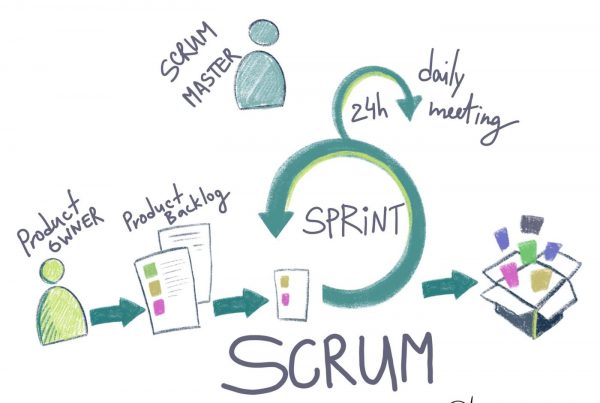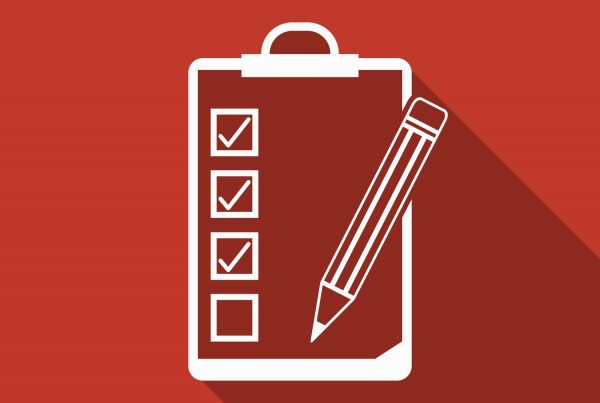Regardless of which field or position you currently occupy, time management is an important skill to have. Without properly managing your time, day to day activities will become a series of fires you need to put out, while you slowly burn out.
In this post we will list some tips that might help you better manage your daily tasks and increase your productivity:

- Set both short-term and long-term goals: Setting weekly/monthly goals to focus on, and yearly goals to strive for. This will help you track your achievements and progress over a period of time.
- Organize your tasks in one place: Organizing your tasks in one place reduces the risk of you losing track of important ones, and increases their accessibility.
- Prioritize: Important and urgent tasks should take precedence over unimportant or non-urgent ones.
- Divide complex assignments into smaller ones: It’s hard to estimate the cost of complex tasks. As a rule of thumb (and whenever possible), try to divide big tasks into 0.5-1 hour action items.
- Start your day with the most urgent assignments: This will give you a buffer in case unexpected mattes pop up, and will reduce the risk of you getting sidetracked with other less important affairs.
- Assign due-dates to assignments: Even if an assignment has no official due-date, assigning it a due-date and periodically reviewing it will ensure that it is not overlooked.
- Reduce context switching: The overhead of switching between tasks (especially radically different ones) can be expensive. Context switching might be necessary from time to time (for example when a critical bug is discovered in production), but it is best used as a last resort.
- Take notes and record your ideas: Your memory can betray you and it will get worse with time and with stress. Try not to invest too much mental energy remembering ideas, and instead take notes.
- Take a break every few hours: Your productivity decreases as you get tired. Think of work days as marathons and not sprints. So take a step back every once a while, make a cup of coffee, and chat with some coworkers or friends. It’s also a great way to socialize (just try not to over do it otherwise you won’t get any work done 🙂 ).
- Track the amount of time it takes you to complete assignments: Tasks tend to repeat themselves. It will be easier to plan out your workday if you know in advance how much effort is required for each assignment.
- Don’t be afraid to say no: Understand that there’s a limit on the number of assignments one can handle per day. It’s better to say no than to fail to deliver.
- Use your downtime wisely: If you know in advance that you will have a busy few days up ahead, then preparing for the upcoming storm might not be too bad of an idea. Another example: if you notice that you spend a lot of time in traffic or commuting, then try to use this time more efficiently by listening to podcasts and audio-books.
- Watch your health: It is vital that you watch your health by eating well-rounded meals, sleeping well (etc…). If you feel that your health is deteriorating or that you are constantly under stress then STOP working and take a vacation.
I hope the above tips can assist you better to manage your workday.
Always remember to stay focused, while at the same time try to be flexible towards change and embrace the uncertainty of life.






Like!! Really appreciate you sharing this blog post.Really thank you! Keep writing.
Thank you for the kind words ^_^